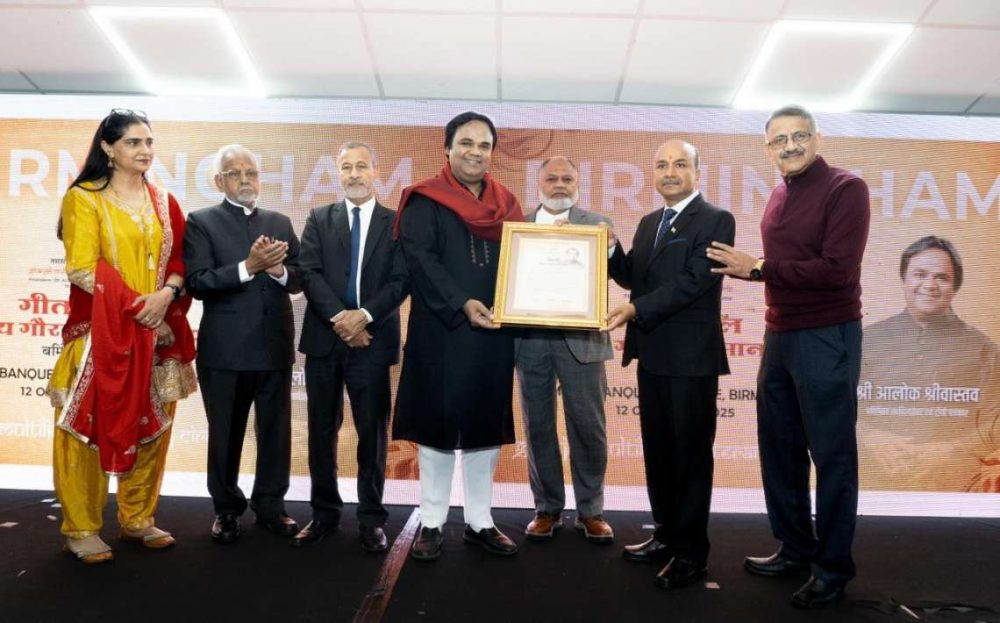The study involved 1,099 women with overactive bladder or urinary incontinence across 63 hospitals in the UK. Participants were randomly assigned to either undergo invasive urodynamics testing in addition to CCA or to receive only the non-invasive CCA
A new study has shown that non-invasive bladder pressure tests can be just as effective as traditional invasive assessments for diagnosing and managing urinary incontinence in women. The research, published in The Lancet, offers promising results for women who often face uncomfortable and embarrassing procedures as part of their ongoing battle with urinary issues.
The study, led by researchers at the University of Aberdeen in Scotland, focuses on women suffering from urinary incontinence or overactive bladder, a condition characterized by a sudden and overwhelming urge to urinate. For decades, invasive urodynamics testing has been the standard method for assessing bladder function, though it is often uncomfortable and invasive. The procedure typically involves inserting a catheter into the bladder to fill it with water, while another catheter is inserted into the vagina or rectum to measure pressure levels inside the bladder and abdomen.
In contrast, the research demonstrates that a comprehensive clinical assessment (CCA) could provide equally useful information for diagnosing and treating these conditions without the need for invasive procedures. CCA includes a detailed medical questionnaire, physical examination, bladder diary, and a “cough test” to assess for stress incontinence. It may also include urinalysis and tests to measure the amount of urine left in the bladder after urination.
Professor Mohamed Abdel-Fattah, lead researcher and Director of the Aberdeen Centre for Women’s Health Research, emphasized that invasive tests can be embarrassing and uncomfortable for many women. He noted, “For many women who are struggling with finding a treatment that works for this type of urinary incontinence, our trial shows they no longer have to go through that experience to achieve an improvement in their symptoms and quality of life.”
The study involved 1,099 women with overactive bladder or urinary incontinence across 63 hospitals in the UK. Participants were randomly assigned to either undergo invasive urodynamics testing in addition to CCA or to receive only the non-invasive CCA.
The trial, which followed participants for 15 to 24 months, found no significant difference in outcomes between the two methods. Approximately 23.6% of women in the urodynamics group reported their symptoms had improved “very much” or “much,” compared to 22.7% in the CCA-only group. Interestingly, women who underwent only CCA reported earlier improvement in their symptoms.
Furthermore, about 13% of women in the urodynamics group had their diagnosis changed to urodynamic stress incontinence, which led to a change in their treatment plan. The researchers concluded that clinicians could now be more selective in referring patients for invasive urodynamics testing.
This study marks a significant shift in how urinary incontinence is assessed and managed, providing women with a less invasive, yet equally effective, option. As a result, many women may be able to avoid the discomfort and embarrassment of invasive procedures while still achieving meaningful improvements in their symptoms and overall quality of life.









